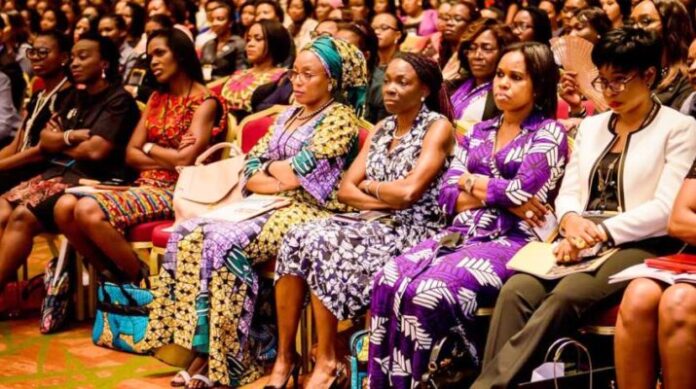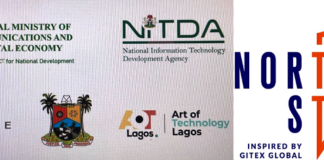Female workforce could boost Africa’s economy by $287bn – Report
The MasterCard Foundation has said that addressing systemic barriers to young women’s participation in Africa’s workforce could unlock $287bn for the continent’s economy by 2030.
A MasterCard Foundation study, conducted in collaboration with McKinsey & Company, found that tackling those barriers could boost Africa’s GDP by five per cent.
The report, titled “Young Women in Africa: Agents of Economic Growth and Transformation By 2030”, underscored the role of women’s economic empowerment in driving Africa’s transformational growth.
It outlined a series of immediate, actionable solutions for government, the private sector, and civil society to reverse the steep decline of young women’s contribution to Africa’s GDP from 18 per cent in 2000 to just 11 per cent in 2022.
“The most pivotal areas to tackle include care burdens that restrict women’s access to the labour market, poor education completion rates, the need to bolster competitive skills in key sectors and adopt gender-inclusive employment policies, and lack of access to financial services,” it stated.
The report noted that effective private sector-led approaches and government-funded models focused on expanding childcare centres and employer-provided childcare could alleviate the burden of care on young women and create over 11 million jobs by 2030.
With agriculture, education, food and accommodation, trade, wholesale, and retail sectors among Africa’s highest employers of young women, the foundation advocated for the roll-out of apprenticeships and boot camps to accelerate women’s participation in those high-growth areas.
The ICT sector was also identified as a leading industry to catalyse substantial productivity, boasting a higher rate of remuneration for women compared to men in Nigeria, Ghana and Uganda.
The study spotlighted Namibia as a key model for other African nations to follow in prioritising the economic benefits of gender equality, having increased women’s economic participation from 40 per cent to 42 per cent in five years.
Egypt, the Democratic Republic of Congo, Ethiopia, Kenya, Mali, Nigeria, Rwanda, Senegal, Tanzania, and Uganda have the potential to achieve the fastest growth should they replicate Namibia’s strategy, the study indicated.
Speaking on the launch of the report, the Director of Gender Programs at the Mastercard Foundation, Marieme Dassanou, said empowering young women in Africa was both an economic imperative and a transformative opportunity for the continent.
“We need to create environments where women can succeed as employees and entrepreneurs, ensuring Africa’s growth will be inclusive, sustainable, and driven by the full potential of its young women’s population,” Dassanou averred.
Source: Punch
















